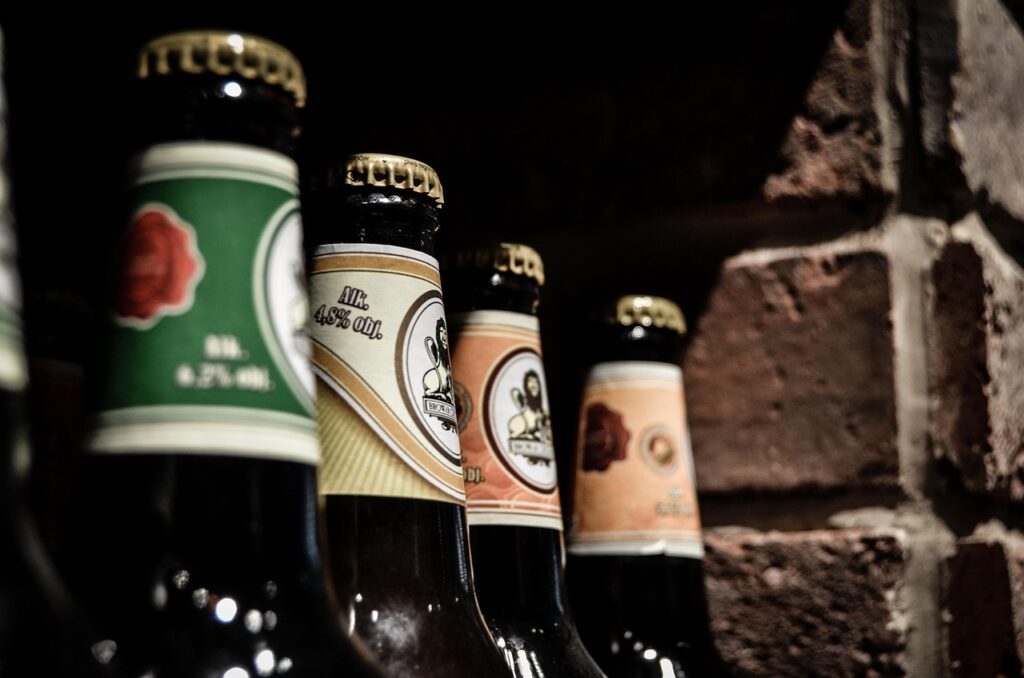Beer consumption in Germany is declining, while alcohol-free options are surging. The federal statistics office reports that sales of alcohol-free beer have risen by 109 percent since 2013. Meanwhile, overall beer sales are at their lowest level in more than 30 years.
For the first time, total sales fell below four billion liters in a half-year period. Between January and June 2025, German breweries sold around 3.9 billion liters. That represents a decrease of 6.3 percent, or 262 million liters, compared with the same period in 2024.
breweries target younger consumers
The Erdinger brewery near Munich has been producing beer since the 1880s. Chief executive Stefan Kreisz says drinking habits are evolving. Today, roughly a quarter of Erdinger’s production is alcohol-free.
He emphasizes that breweries must appeal to younger generations. “You need to understand how they meet and how they celebrate. No algorithm tells you to drink beer,” he explains.
Kreisz remains confident about German beer culture. Erdinger promotes its alcohol-free range at sporting events as a natural alternative to energy drinks.
mindful drinking shapes the trend
At Café Kosmos in Munich, barman Louis von Tucher notices a more health-conscious crowd. “In the 2000s, people were offended if you suggested water,” he recalls. “Now guests are more aware. They still drink alcohol, but more carefully, and often with alcohol-free options in between.”
Yet von Tucher stresses that regular beer remains dominant. “It’s only a slight shift,” he says. “We sell between 150 and 500 liters of normal beer a night, but only around 20 liters of alcohol-free. The difference is still huge.”
festivals show traditions endure
At Bamberg’s Sandkerwa folk festival, beer culture appears alive and strong. The five-day event fills medieval streets with music, food stalls and busy beer stands.
In the old town, Pascal enjoys a beer with a friend. “Beer is very important here. We have many breweries. Visitors come for the beer and the fest. I don’t think consumption has dropped,” he says.
Magdalena, a student, agrees as she watches the crowd outside a beer garden. “Everyone has a glass of beer. It’s a big part of daily life, even if unhealthy. We all know that,” she admits. “In my generation, people drink less daily, but it’s still Germany, and it’s still Bavaria.”


